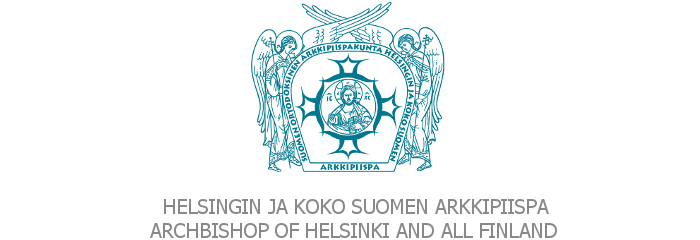The narrow path to happiness
Following the Second World War both Europe and North America adopted principles of government based chiefly on economic criteria, including large-scale exploitation of the world’s coal, oil and forest resources.
For about half a century the world’s leaders swore by a policy of continuous growth and affluence as the broad road to happiness.
More recently, warming of the climate, the spread of the deserts, the rise in ocean levels and the threatened exhaustion of the world’s oil and precious metal reserves have provide clear indications that we have reached the end of that road.
We cannot build our future on “development”, either “sustainable” or “green”.
It is interesting to note that the many economic experts who preach the wisdom of reducing consumption tend, perhaps unconsciously, to put forward a whole string of Christian arguments for this, emphasizing that a permanent reduction in consumption would be to a great extent in accordance with the principle of human creativity, as economies in material things mean creating more space for spiritual ones.
The new interest in ecological ways of living means a severe challenge for the Western notion of freedom, however, as the subjective rights of individual persons or nations to accumulate wealth and possessions become progressively less justifiable as aims in life.
The new ecological order calls for a new concept of communality, and in this respect the programme offered by the Church is a simple one that has proved itself over the millennia.
At its core lies the concept of a reorientation towards a new, more modest standard of living and the reduction of consumption.
The Orthodox Church has seen many economic recessions in its lifetime and has witnessed the fall of many world powers that have been proclaimed to be everlasting.
The reduction of consumption and the alteration of our living habits accordingly are once more an opportunity that the Church can offer for consideration.
If ownership were to be reduced, then sharing could be increased – and the broad road of consumption could be replaced as the road towards universal happiness by the narrow path of self-denial.




